Hopefully, in 2025, we will see Vietnam's economic growth even stronger than in 2024. And for that to happen, there needs to be continued efforts in administrative procedure reform and improving the business investment environment. This is what Mr. Adam Sitkoff, Executive Director, American Chamber of Commerce in Hanoi (AmCham) shared with the press.
| Resolutely and effectively implement solutions to achieve double-digit economic growth in 2025. Bring the stock market to a breakthrough in scale and quality in 2025. |
 |
From the 2024 results, how do you see Vietnam's economic prospects?
We see Vietnam achieving good economic growth in 2024. With GDP growth expected to be around 7% and consumer price inflation only around 4% - 4.5% in 2024, this is quite positive. Vietnam is outperforming most other countries in the world, which is good news. However, from my perspective, that is not enough. I think Vietnam can achieve higher growth, around 8%/year. And for that to happen, we need to see continued efforts in administrative procedure reform, regulations that meet international standards, barriers that are hindering business activities to continue to be removed... It is important to address the problems that businesses are still facing such as signing contracts, clearing land for projects, accessing capital or even ensuring adequate electricity supply.
We need to solve such problems so that Vietnamese people can do what they want and achieve their goals. I have lived here for 23 years and I see that Vietnamese people have a strong spirit of work and entrepreneurship, everyone is focused on developing themselves and their families as quickly as possible. So I hope that in 2025, we can see even stronger economic growth than in 2024.
How do you assess the business environment in Vietnam compared to other countries in the region, especially in the context of countries competing to attract investment?
In fact, the whole world is competing. So every day there is a question of how young people in Vietnam can compete with young people around the world, and more broadly, how can Vietnam compete with other countries? And that is not only limited to Southeast Asia, but also Mexico, the US, France, or Russia... We live in a globalized world, and that makes things more challenging because everyone is competing.
When I look at Vietnam, the business environment is my daily job. I focus on the problems here and the solutions to solve them. I could “complain” for hours about the problems and difficulties in Vietnam, but the fact is that when you compare Vietnam to other countries in the region, Vietnam still stands out. Every country has its own advantages, but you can also see that there are always potential political or social problems in Thailand, political instability in Malaysia, or Indonesia taking one step forward and then taking two steps back… In other words, when I look at Vietnam compared to the rest of Southeast Asia, I see that in the future, the country that stands out clearly in the ASEAN region is Vietnam, a country of 101 million smart, hard-working and very resilient people. A very specific example is that a few months ago Typhoon Yagi hit Vietnam and shortly after, we had another version of “Typhoon Yagi” in the US. Obviously the US has more resources than Vietnam to deal with such problems. But the Vietnamese people have shown more resilience. The Vietnamese people are more flexible in moving forward. Vietnam has been quick to rebuild after the storm, although the process will be long for some because the damage is so great. But I think that example reflects the spirit of the Vietnamese people. Although it may be a little off topic, it is also related to your question in comparing Vietnam with other countries in the region. Vietnam has many advantages to be successful compared to other countries.
Vietnam has a favorable geographic location, and it will remain at a demographic center for some time to come. It has also joined some 16 free trade agreements. It has the ability to take advantage of the vast global trading system, something that was hard to imagine in the late 1990s when Vietnam was outside the global trading system and still isolated. American businesses, while they may complain about the many problems they would like to see improved in Vietnam, when asked where else they would like to do business, often say: Vietnam is a better place for us to do business in the future. That is also why so many American companies are paying close attention to the Vietnamese market.
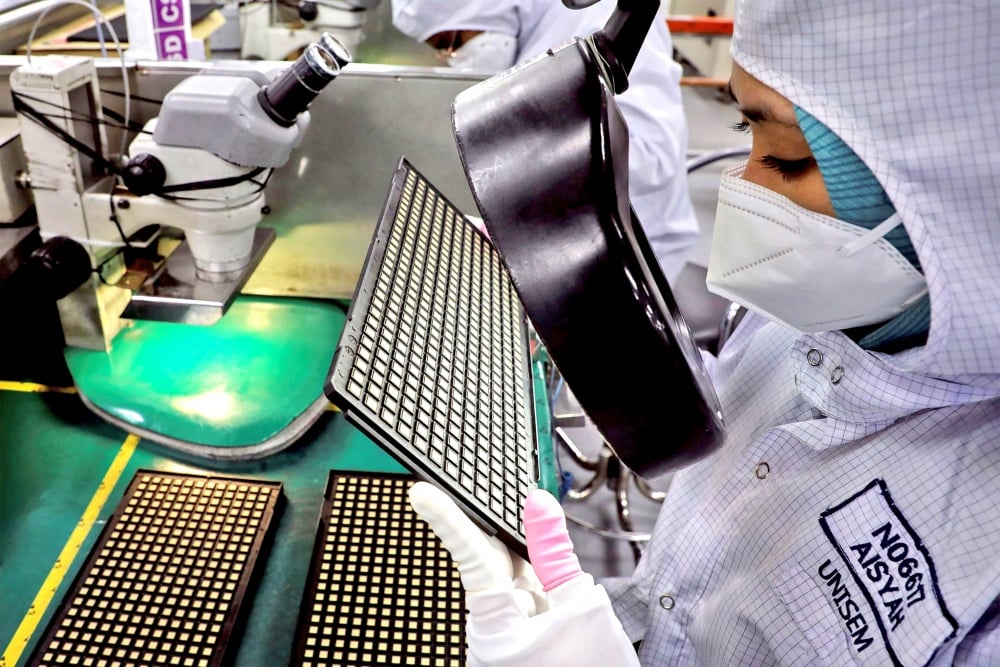 |
| Vietnam has many potentials and advantages to develop the semiconductor industry. |
Do you have any recommendations on how the business environment can be made more competitive?
I think that for Vietnamese businesses that want to do business in the US or with US companies, they should continue to improve their online presence to make sure that customers can find them, interact with them, and understand the regulations and laws of the US or other countries they want to do business with. On the Vietnamese side, whether it is administrative procedures, tax policies, or data policies, for US businesses, we always want stable and consistent regulations and laws. At the same time, we need to reduce the burden for businesses to operate smoothly. That is why we work very closely with the Vietnamese side to ensure that the laws that are about to be passed or the implementing decrees are consulted with the people who are affected by those regulations. This will create a dialogue back and forth and ensure that we have good rules, procedures, and policies for everyone to move forward.
As Prime Minister Pham Minh Chinh of Vietnam has said about the need to develop the supply chain for semiconductors and other high-tech, all the companies in our association agree with that. One thing that American companies do very well is the digital economy, and we want more American companies to do business and succeed here. American and Vietnamese companies want to work together. Every Vietnamese person I know wants access to the best technology in the world, and of the highest quality. Whether it is life-saving drugs or a good technology, no one wants it not to be available here (in Vietnam) when the rest of the world has it.
To do that, a good system of laws is needed. In every country, the process of making laws is always complicated, but it is necessary to ensure that, whenever a new law is issued, all those who implement it understand it and know how to implement it. At the same time, the new law must not overlap or contradict other existing laws, thereby creating an environment for businesses to do business smoothly.
We want to make sure that Vietnam continues to move forward. Prime Minister Pham Minh Chinh has talked about the goal of bringing Vietnam into the group of 30-35 major economies in the world by 2026-2030 and I believe that. History has shown that in a short period of time, Vietnam has gone from being a country that desperately needed assistance to being a supplier of many things to many people, including the clothes I am wearing. And so I think we need to make sure that the Government and the business community work together to address the burdens and bottlenecks and not let them hinder the business operations of enterprises.
Thank you for this conversation!
Source: https://thoibaonganhang.vn/nam-2025-tang-truong-se-manh-me-hon-159550.html





![[Photo] Looking back at the impressive moments of the Vietnamese rescue team in Myanmar](https://vstatic.vietnam.vn/vietnam/resource/IMAGE/2025/4/11/5623ca902a934e19b604c718265249d0)

![[Photo] "Beauties" participate in the parade rehearsal at Bien Hoa airport](https://vstatic.vietnam.vn/vietnam/resource/IMAGE/2025/4/11/155502af3384431e918de0e2e585d13a)


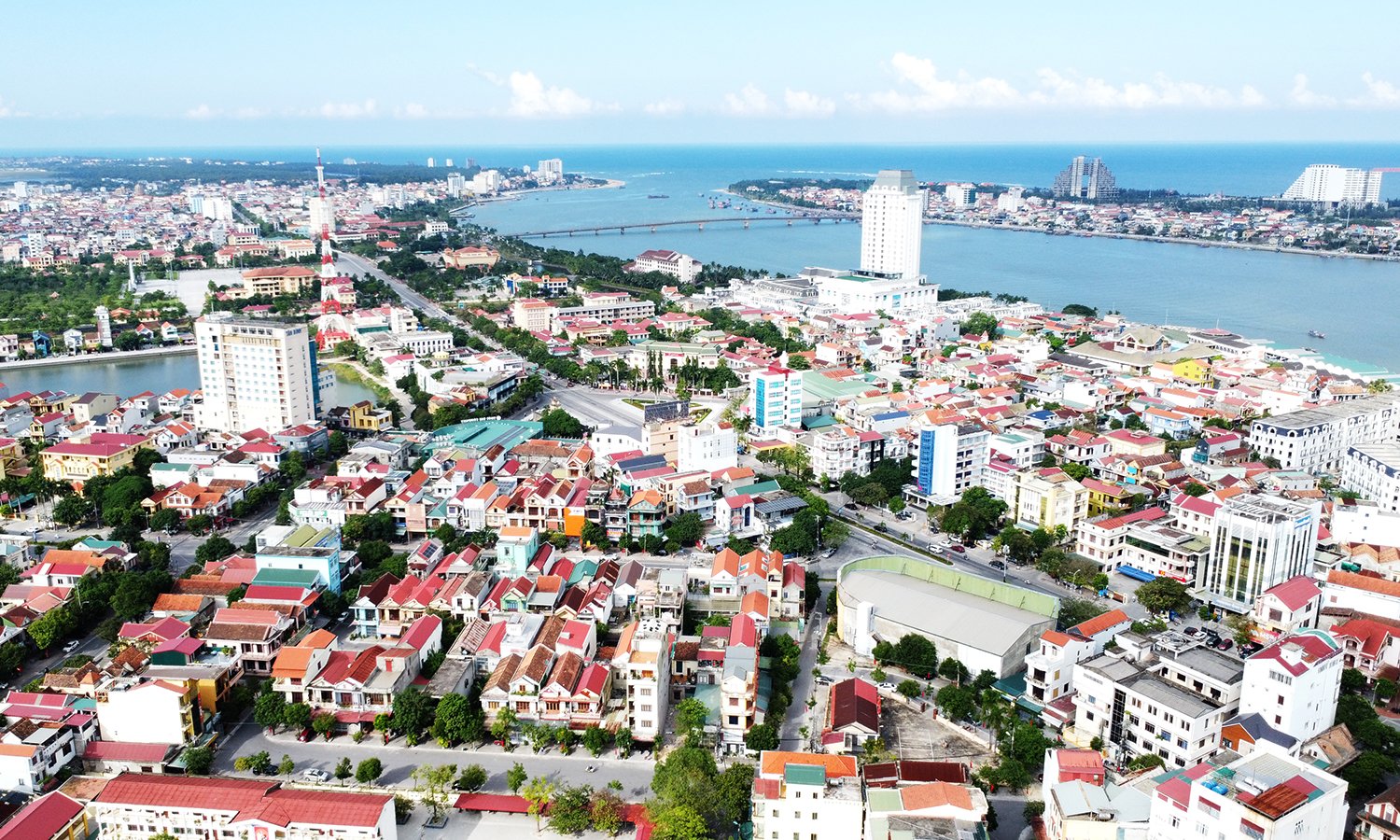

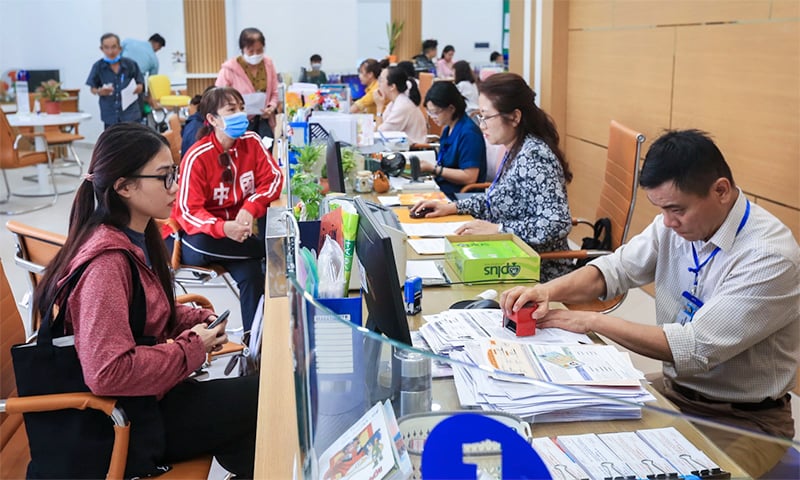


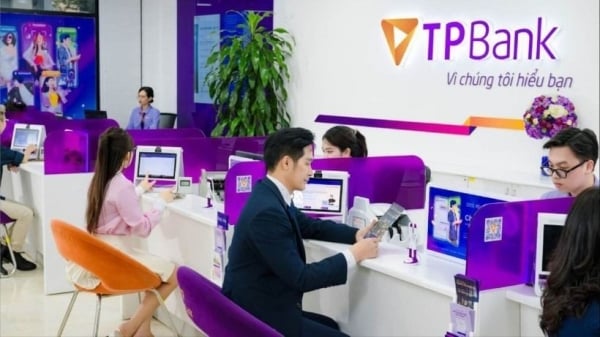

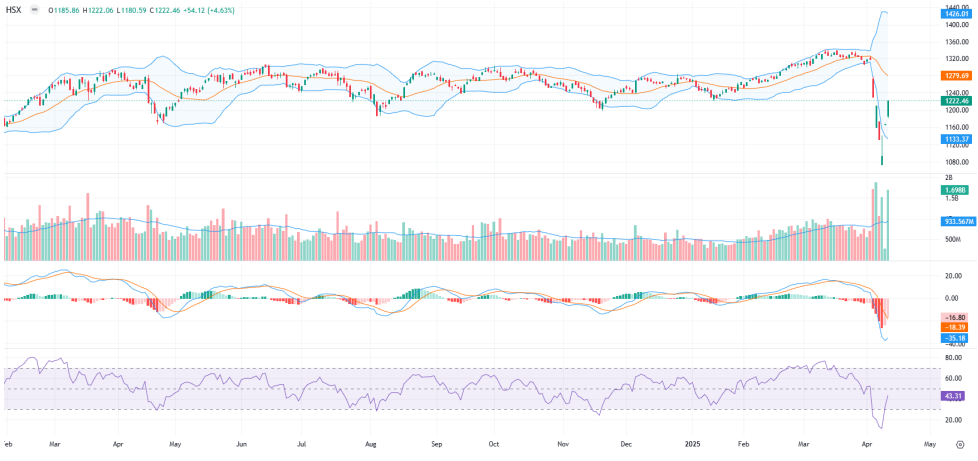

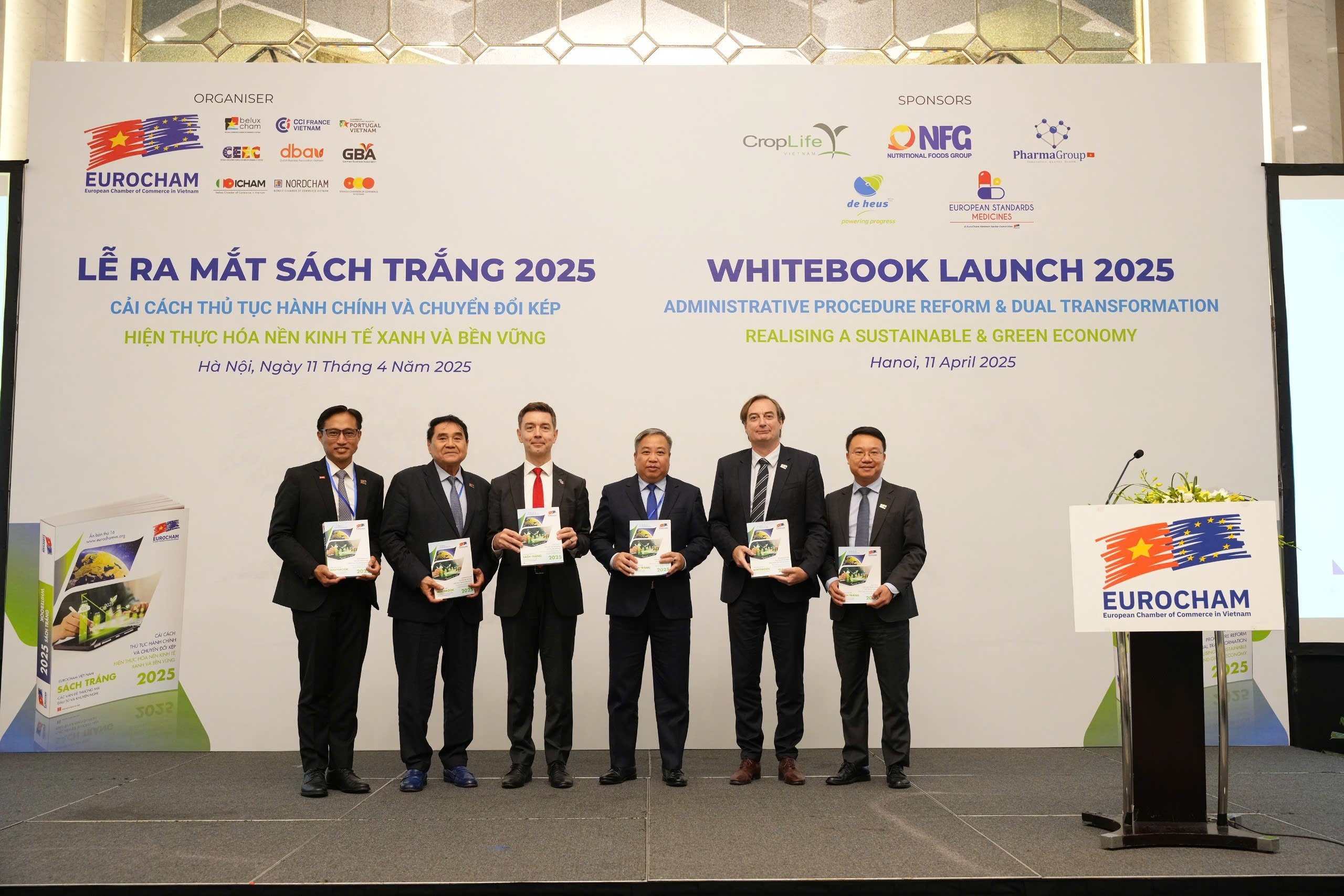



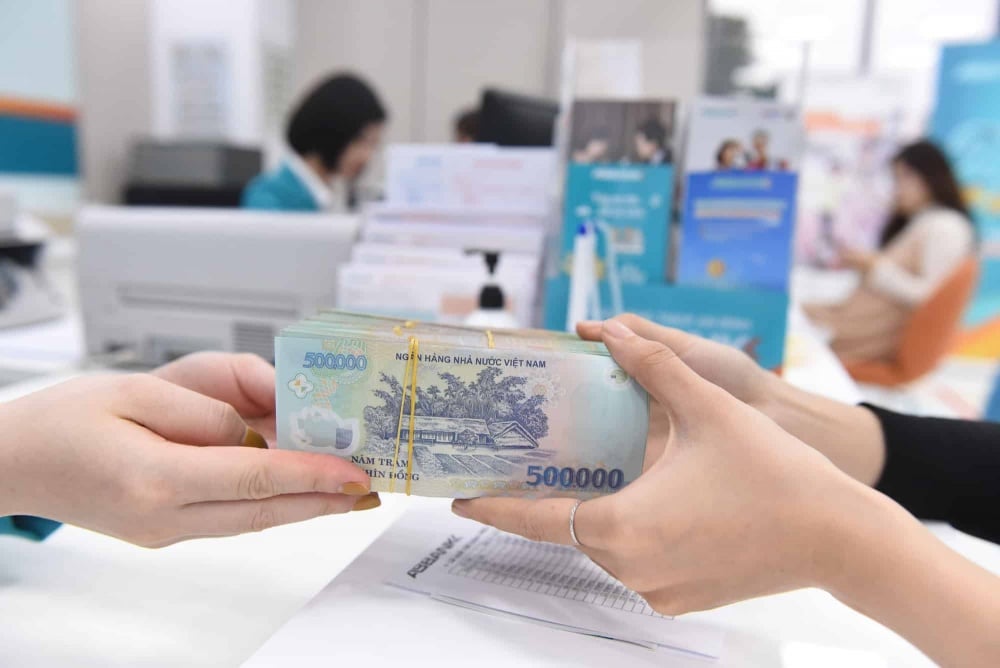

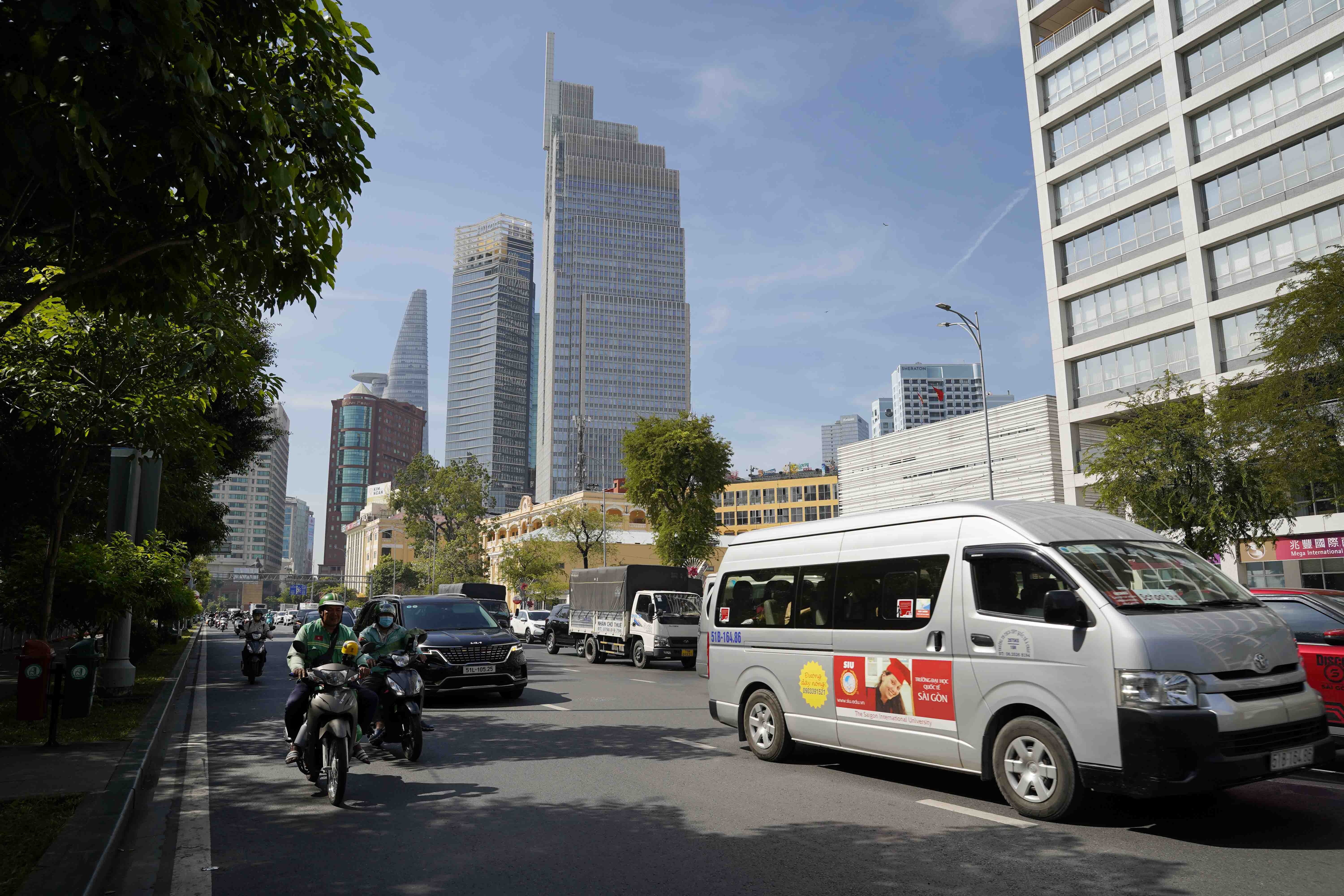

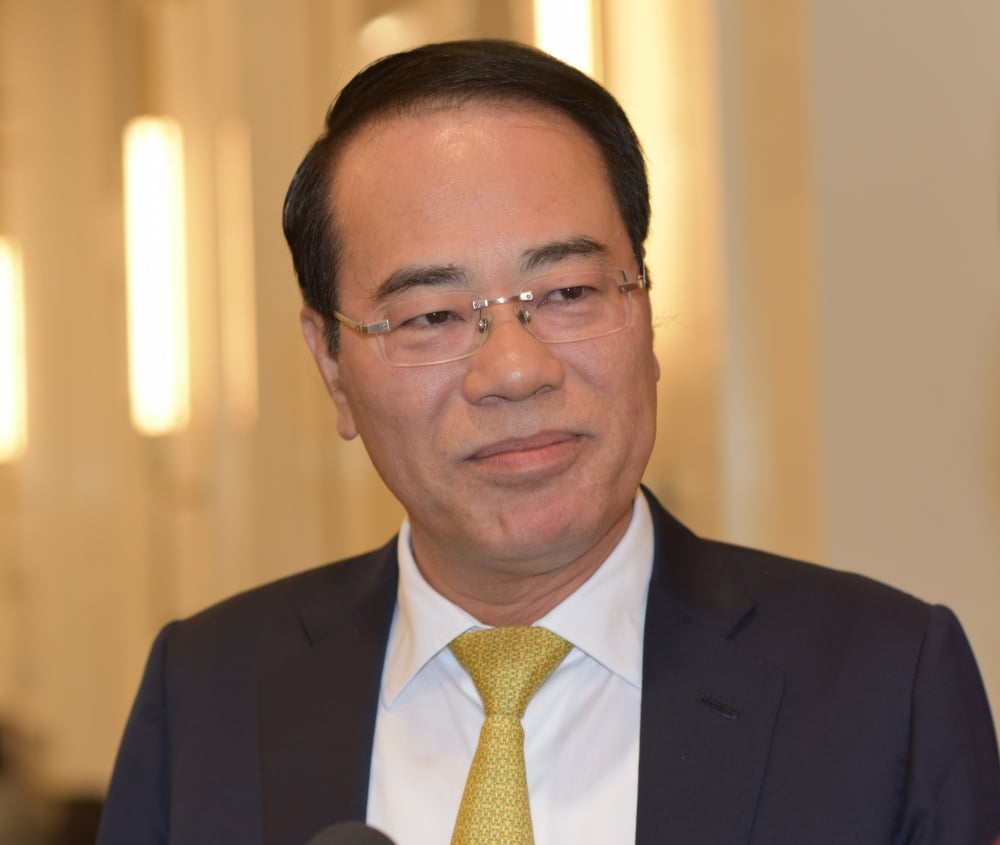


![[Photo] Summary of parade practice in preparation for the April 30th celebration](https://vstatic.vietnam.vn/vietnam/resource/IMAGE/2025/4/11/78cfee0f2cc045b387ff1a4362b5950f)









































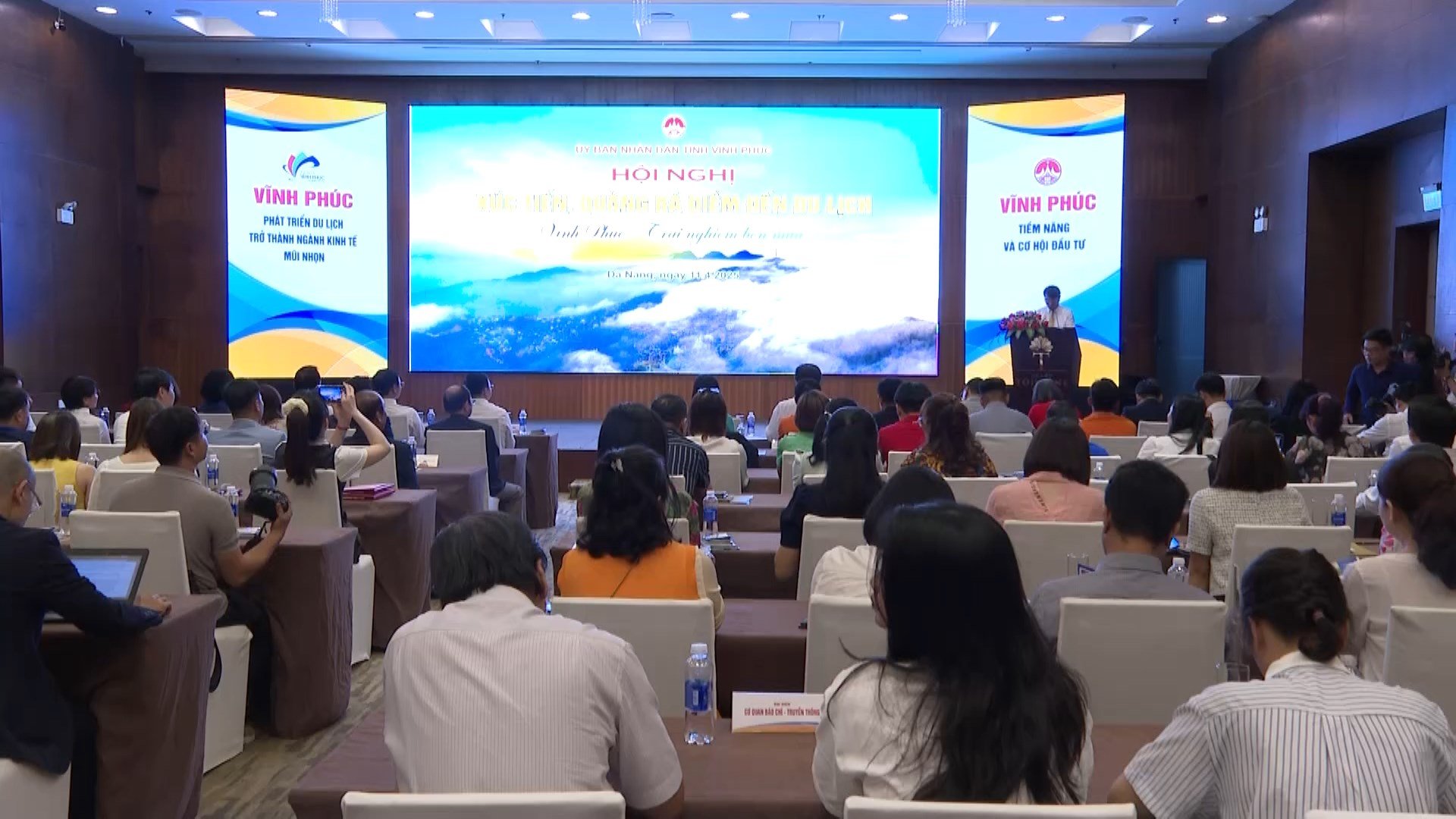






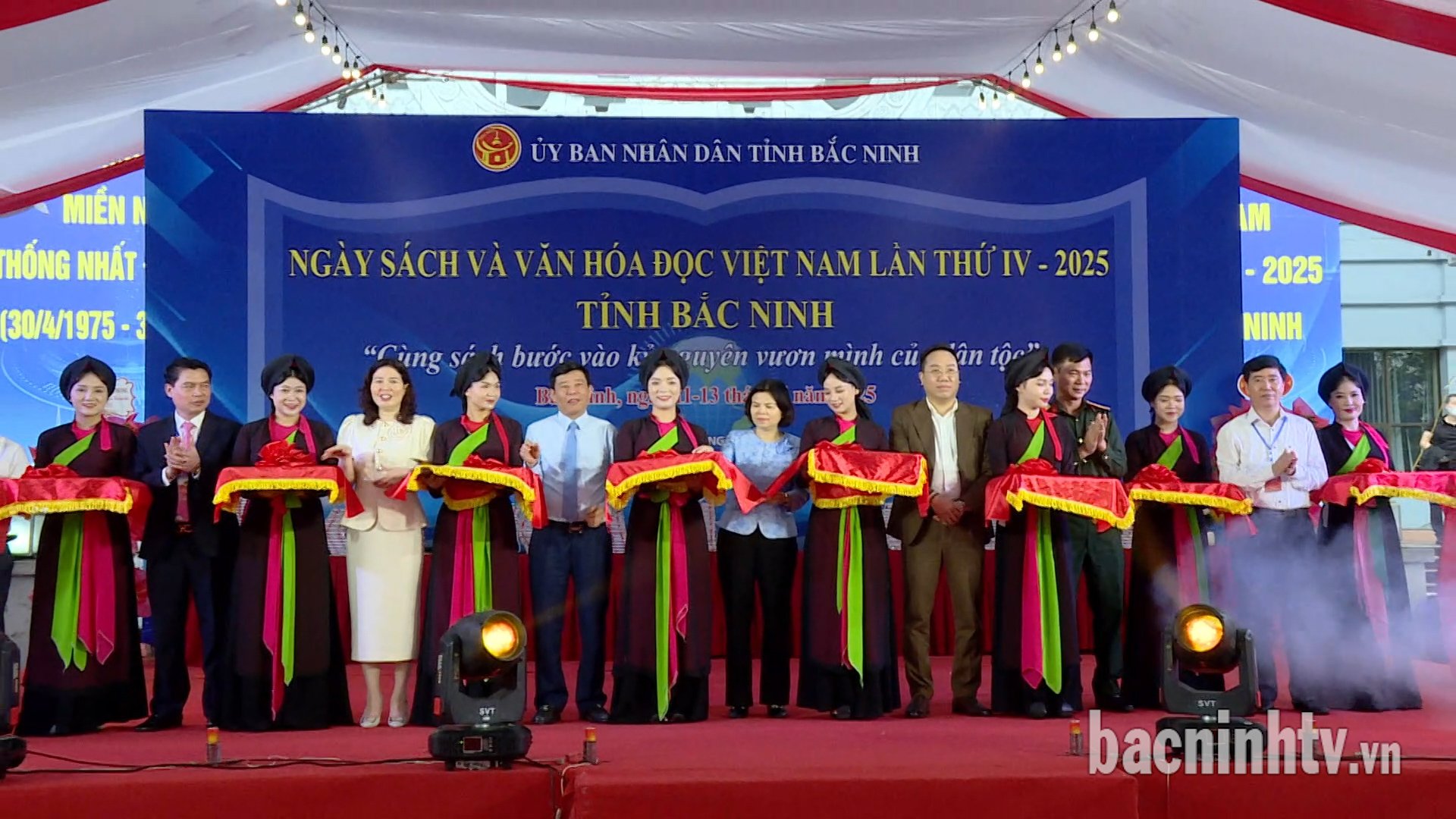











Comment (0)